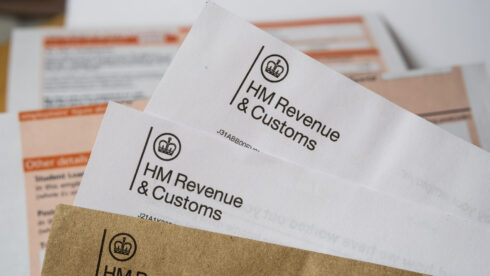The tax return deadline approaches – are you ready?
Melanie Richardson
15/12/2022
We are fast approaching the self assessment tax return deadline of 31 January 2024. If you are self employed or in receipt of other income or gains, you will need to file a return and pay over your tax liability. This article will discuss who needs to complete and file a tax return, when it needs to be completed by and the penalties for late submission. Don’t forget we are only a phone call away and always ready to help.
Who needs to file a tax return?
You will most likely have to file a tax return if you are:
- Self employed and earning over £1,000 a year
- A company director
- Earning over £100,000 a year
- In receipt of savings or investment income of more than £10,000 a year before tax
- In receipt of income from abroad
- Are the highest earner in a family claiming child benefit if you earn over £50,000
- Earning £2,500 or more in untaxed income (for example renting out a property, or in tips and commissions)
If you are still unsure whether you need to file a tax return, you can use this tool to find out
https://www.gov.uk/check-if-you-need-tax-return
Tax return deadlines
There are two ways to complete your tax return for the year ended 5 April 2023 - online or on paper. The deadline for paper returns of 31 October has already expired and the deadline for online returns is 31 January 2024.
Payment of tax due for the year ended 5 April 2023 should be made by midnight on 31 January 2024.
Late submission of tax return and paying your tax bill
If you miss the 31 January 2024 deadline, or file a paper return after 31 October 2023, you will receive an automatic late filing penalty of £100 even if you do not owe any tax. Further penalties apply if your return remains outstanding after 3, 6 and 12 months.
You can work out any penalties due using this link
https://www.gov.uk/estimate-self-assessment-penalties
How to submit your tax return
If you haven’t already, you will need to register with HMRC to create an account and obtain your unique taxpayer reference number (UTR).
There are different ways to register if you are:
Self employed or a sole trader
https://www.gov.uk/log-in-file-self-assessment-tax-return/register-if-youre-self-employed
Not self employed but earn over £100,000
https://www.gov.uk/log-in-file-self-assessment-tax-return/register-if-youre-not-self-employed
A partner in a partnership
https://www.gov.uk/log-in-file-self-assessment-tax-return/register-if-youre-a-partner-or-partnership
Once you have registered (which can take up to 20 days) you can then use the online portal to complete and submit your tax return:
https://www.gov.uk/log-in-file-self-assessment-tax-return
What information will you need to complete your return?
You will need your paperwork from the relevant year to complete your submission. This may include:
- A P60 from your employer showing income and the tax you’ve already paid
- A P45 if you have left a job in the year
- A P11D showing any benefits in kind
- A summary of any rental income and expenses
- Savings and investment statements showing interest earned and dividends paid
- Documents detailing self employment income, including receipts, bank statements and accounts
How to pay your tax bill
You must pay your tax bill by midnight on 31 January 2024. You can send the amount owed to HMRC by bank transfer or pay by debit card (you can no longer pay your tax bill by credit card). You can also send a cheque in the post or pay at a bank by using a paying in slip from HMRC if you have received one.
Need help?
If you need help with a tax return, please do get in touch
Sign up to receive our private content
straight to your inbox






